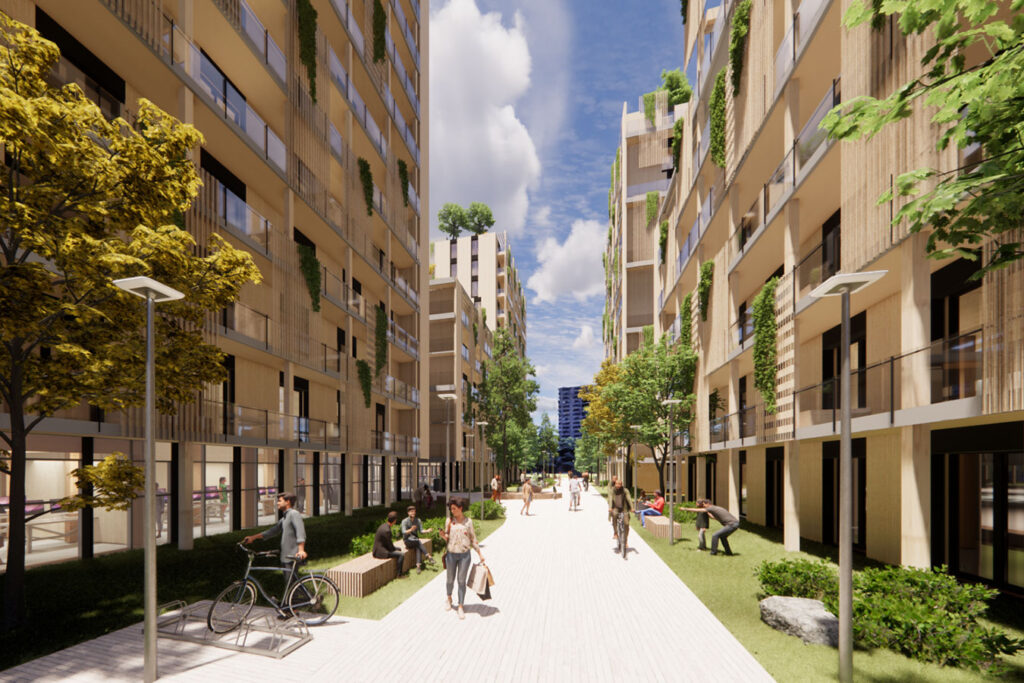
Future of Sharing Economy in Housing: A New Era for Homes?
The future of the sharing economy in housing holds transformative potential for how we live, work, and interact with our communities. As traditional housing models face challenges, the sharing economy offers innovative solutions that promise more sustainable, flexible, and affordable living arrangements. This shift is not just about economic transactions but also about fostering a sense of community and collaboration among residents.
The concept of sharing economy in housing is gaining traction as more people seek alternatives to the conventional home ownership and rental models. By leveraging technology and community-driven platforms, individuals can access shared living spaces, reducing costs and promoting sustainable housing solutions. This trend is particularly appealing to younger generations who prioritize experiences and community over ownership.

The Rise of Shared Housing
Shared housing is becoming increasingly popular in urban areas where the cost of living is high. Platforms that facilitate shared living arrangements are thriving, offering a variety of options from co-living spaces to home-sharing networks. These platforms not only provide affordable housing solutions but also promote a sense of community among residents.
Benefits of Shared Housing
One of the primary benefits of shared housing is cost savings. By sharing living spaces, individuals can significantly reduce their housing expenses. Additionally, shared housing often includes communal amenities, which can enhance the quality of life for residents. Moreover, living in a community can lead to the development of social networks and support systems.
Technology’s Role in the Sharing Economy
Technology is a driving force behind the future of the sharing economy in housing. Digital platforms make it easier for individuals to find and manage shared housing arrangements. These platforms offer user-friendly interfaces that connect people with available spaces, facilitate payments, and manage logistics.
Innovative Platforms
Several innovative platforms are leading the way in the housing sharing economy. For instance, housing trends highlight how technology is enabling more personalized and flexible housing solutions. These platforms are not just about finding a place to live; they are about creating a community.
Sustainability in Shared Housing
The sharing economy in housing is inherently sustainable. By maximizing the use of existing resources, shared housing reduces the need for new constructions, thus minimizing environmental impact. This approach aligns with the growing awareness and demand for sustainable living solutions.
Environmental Benefits
Shared housing can significantly reduce the carbon footprint of individuals. By sharing resources such as energy and water, residents can live more sustainably. Moreover, shared housing often incorporates eco-friendly practices, further enhancing its environmental benefits.
Challenges and Opportunities
Despite its benefits, the sharing economy in housing faces several challenges. Regulatory issues, privacy concerns, and the need for cultural acceptance are some of the hurdles that need to be addressed. However, these challenges also present opportunities for innovation and growth.
Regulatory Challenges
Regulations surrounding shared housing vary widely across different regions. Navigating these regulations can be complex, but they also offer opportunities for policy innovation. Policymakers have the chance to create frameworks that support the growth of the sharing economy while protecting the rights of individuals.
The Future Outlook
The future of the sharing economy in housing is bright. As more people embrace flexible and sustainable living arrangements, the demand for shared housing will continue to grow. This trend is expected to reshape urban landscapes and redefine the concept of community.
Potential Developments
In the coming years, we can expect to see more innovative housing solutions that combine technology with community-driven models. The focus will be on creating sustainable, affordable, and inclusive living spaces that cater to the diverse needs of urban populations.
Conclusion
The future of the sharing economy in housing is not just about providing affordable living options; it is about transforming the way we think about housing. By embracing shared living arrangements, we can create more resilient and connected communities. The potential for growth and innovation in this sector is immense, and it is an exciting time to be a part of this evolution.

FAQ
What is the sharing economy in housing?
The sharing economy in housing refers to a model where individuals share living spaces and resources to reduce costs and promote sustainability. This can include co-living arrangements, home-sharing platforms, and community-based housing initiatives.
How does technology impact the sharing economy in housing?
Technology plays a crucial role in the sharing economy by providing platforms that facilitate the management and logistics of shared housing. These platforms connect people, manage payments, and offer flexible living solutions.
What are the benefits of shared housing?
Shared housing offers numerous benefits, including cost savings, sustainable living, and the development of social networks. It provides individuals with affordable housing options while fostering a sense of community.
This article contains affiliate links. We may earn a commission at no extra cost to you.